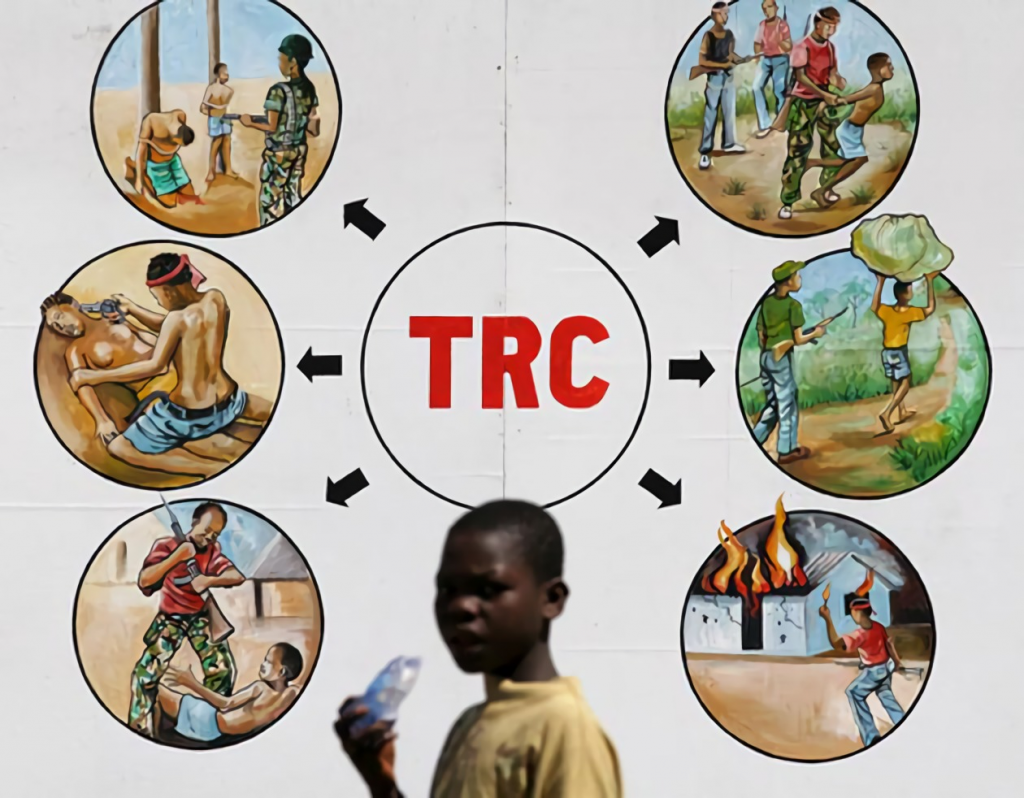Confronting Atrocity
The Confronting Atrocities Project studies the role of truth commissions in post-conflict reconstruction and democratic transitions by paying attention to the tensions in their truth seeking and reconciliation mandates.
A particular focus of this project is exploring the tensions have shaped official truth narratives about past atrocities and considering the role of truth commissions in reinforcing hegemonic collective memories, subverting or complicating dominant narratives about past atrocities.
We engage these transitional justice issues of local, national and global significance from historical perspectives by studying truth commissions as memory archives — defining sites of contestation over social identities and collective memory.
Overall, the Confronting Atrocity Project aims to:
- Make an original contribution to the fields of transitional justice and memory studies by providing a historically grounded transnational study of truth commissions.
- Explore the conflicting roles of truth commissions in national efforts to “objectively” investigate and redress past atrocities through restorative justice.
- Investigate the construction of collective memory in the truth seeking and reconciliation work of truth commissions. It assess truth commissions not simply as mechanisms of victim-centered transitional justice or instruments of state (re)building, but also as spaces of political and legal struggles over social memory. By approaching truth commissions as “memory archives,” this study addresses gaps in existing research and develop a new methodology to deepen understanding of truth commissions.


